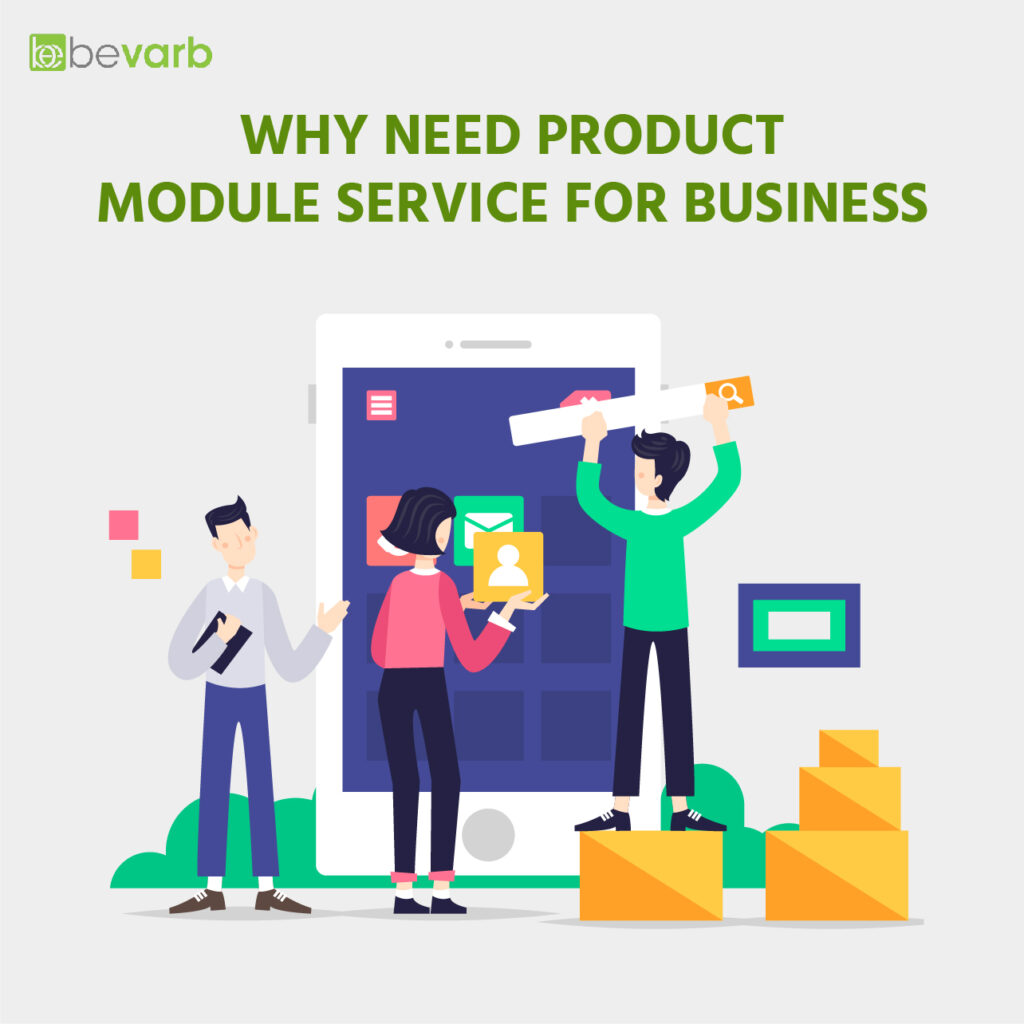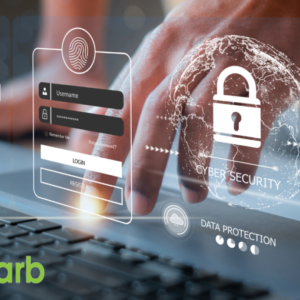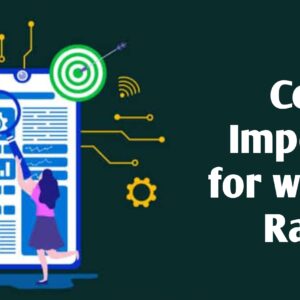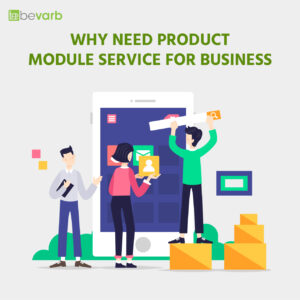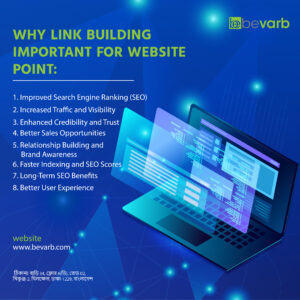Now Reading: Top 10 Best ERP Software In Bangladesh
-
01
Top 10 Best ERP Software In Bangladesh
Top 10 Best ERP Software In Bangladesh

In today’s fast-paced business world, having an effective Enterprise Resource Planning (ERP) system is crucial for organizations to streamline operations, improve efficiency, and facilitate decision-making. ERP software integrates various business processes, automating tasks like inventory management, finance, human resources, and sales. In Bangladesh, businesses across various sectors are increasingly turning to ERP solutions to remain competitive in the global market.
This blog post will take an in-depth look at the Top 10 ERP Software in Bangladesh, including their features, how they function, and their pros and cons. The platforms covered in this guide include Quick Ratio, Prism ERP, XERP, Sales ERP, Jibika Plexus, Desh ERP, ERP Solution, Hisab ERP, Pridesys ERP, and Extreme Office.
What is ERP and How Does it Work in Businesses?
Enterprise Resource Planning (ERP) is a software system that helps businesses automate and manage core business functions, such as accounting, procurement, supply chain management, inventory, human resources, and customer relationship management (CRM). ERP systems enable organizations to work more efficiently by integrating all departments and functions into a single system.
How ERP Systems Work:
ERP software works by providing a centralized platform that connects different business units. Data is entered once into the system and automatically flows to other relevant departments in real-time, ensuring smooth communication and eliminating the need for duplicate data entry. For example, if an order is placed in the sales module, the system automatically updates the inventory, procurement, and finance modules.
ERP systems are modular, meaning businesses can pick and choose the features they need based on their operations, and integrate additional modules as they grow. The system is typically hosted on-premise or via the cloud, and it can be customized based on the business requirements.
Key Features of ERP Software
- Integration: ERP software integrates all key business functions in one platform, including finance, HR, inventory, procurement, and more.
- Automation: It automates repetitive tasks like data entry, payroll, and inventory updates, saving time and reducing errors.
- Real-Time Reporting: ERP systems provide real-time data and reports, enabling quick and informed decision-making.
- Customization: Many ERP systems offer customization options, allowing businesses to tailor the software to their specific needs.
- Scalability: ERP solutions are scalable, meaning businesses can easily add more users or modules as they grow.
- Data Security: Modern ERP software comes with strong data protection protocols, ensuring sensitive business data remains secure.
1. Quick Ratio ERP
Overview: Quick Ratio is an all-in-one ERP system designed to manage various business functions, particularly for small to medium-sized enterprises (SMEs). It’s known for its user-friendly interface and cost-effectiveness.
Key Features:
- Inventory Management: Tracks stock levels, suppliers, and order statuses.
- Accounting & Finance: Automates financial transactions, billing, and reporting.
- Sales & CRM: Manages leads, customer interactions, and sales orders.
Pros:
- Affordable pricing suitable for SMEs.
- Easy to implement and use.
- Customizable features.
Cons:
- Limited advanced features for large enterprises.
- Scalability might be an issue for rapidly growing businesses.
2. Prism ERP
Overview: Prism ERP is an advanced solution designed for businesses looking to streamline their processes with a robust and integrated software platform. It covers various industries such as retail, manufacturing, and finance.
Key Features:
- Procurement & Supply Chain: Manages orders, suppliers, and inventory.
- Financial Management: Handles accounting, tax, and payroll.
- Business Analytics: Real-time data insights and reports for strategic decisions.
Pros:
- Strong analytics and reporting features.
- Customizable for various industries.
- Comprehensive user support and training.
Cons:
- High implementation cost.
- Requires dedicated IT resources for setup.
3. XERP
Overview: XERP is an innovative ERP software solution aimed at automating business processes, particularly in the fields of finance, inventory, and human resources. It provides an end-to-end solution for businesses of all sizes.
Key Features:
- HRM: Manages employee data, payroll, and performance.
- Inventory Management: Tracks stock, orders, and deliveries in real-time.
- Financial Planning: Helps businesses manage budgets, expenses, and profitability.
Pros:
- Highly customizable for diverse industries.
- Easy-to-use dashboard.
- Affordable pricing.
Cons:
- Some modules are more suitable for larger businesses.
- Occasional delays in customer support.
4. Sales ERP
Overview: Sales ERP is tailored specifically for sales-driven organizations, focusing on enhancing the efficiency of sales and customer management. It’s ideal for retail and wholesale businesses.
Key Features:
- Sales Order Management: Tracks customer orders from creation to fulfillment.
- Inventory Management: Real-time inventory tracking and stock alerts.
- CRM Integration: Manages customer interactions, support tickets, and feedback.
Pros:
- Specialized in sales, with detailed analytics and forecasting.
- Easy integration with e-commerce platforms.
- Effective customer management tools.
Cons:
- Limited to sales and CRM functionalities.
- Lacks depth in other ERP modules like HR and finance.
5. Jibika Plexus ERP
Overview: Jibika Plexus is an ERP solution designed for businesses looking to automate their operational processes. It is widely used in the manufacturing and service sectors and offers an affordable alternative for SMEs.
Key Features:
- Production Management: Tracks the production process from raw material to final product.
- Inventory & Supply Chain: Manages supplier data, stock levels, and product distribution.
- Financial Accounting: Handles invoicing, payment tracking, and financial reporting.
Pros:
- Cost-effective and easy to set up.
- Strong production and inventory management.
- Good customer support.
Cons:
- Basic user interface compared to larger ERP solutions.
- Limited customization options.
6. Desh ERP
Overview: Desh ERP is a versatile ERP software tailored for businesses in Bangladesh. It offers solutions for everything from finance to human resource management and project tracking.
Key Features:
- Finance Management: Handles accounts, expenses, taxes, and payroll.
- Inventory Management: Tracks stocks, goods received, and orders.
- Project Management: Enables efficient task and project tracking.
Pros:
- Strong project and resource management tools.
- Local support and customization.
- User-friendly design.
Cons:
- Limited to medium-sized enterprises.
- Some advanced features require additional modules.
7. ERP Solution
Overview: ERP Solution is a flexible and customizable software suite suitable for various industries, including retail, healthcare, and manufacturing. Its goal is to streamline business operations with minimal disruption.
Key Features:
- Supply Chain Management: Handles logistics, procurement, and inventory.
- Customer Relationship Management: Tracks customer interactions and feedback.
- HR & Payroll: Manages employee data, payroll, and attendance.
Pros:
- Offers full integration across departments.
- Scalable for different business sizes.
- Excellent customer support.
Cons:
- Complex to implement for small businesses.
- High upfront cost for customization.
8. Hisab ERP
Overview: Hisab ERP is designed for small to medium-sized businesses that need a simplified approach to manage accounting, sales, inventory, and HR tasks.
Key Features:
- Accounting & Financials: Manages accounts, transactions, and financial reports.
- Sales & CRM: Manages customer relationships, orders, and inventory.
- HRM: Handles employee records and payroll processing.
Pros:
- Intuitive and easy-to-use interface.
- Budget-friendly for small businesses.
- Modular system that can be tailored as needed.
Cons:
- Limited scalability for large enterprises.
- Lack of advanced manufacturing features.
9. Pridesys ERP
Overview: Pridesys ERP is a comprehensive solution designed for large organizations, particularly in manufacturing, retail, and distribution sectors. It offers full control over finance, HR, procurement, and more.
Key Features:
- Supply Chain Management: Efficiently tracks inventory, suppliers, and logistics.
- Accounting: Offers in-depth financial reporting and forecasting tools.
- HR & Payroll: Manages employee data, benefits, and payroll.
Pros:
- Strong reporting and data analysis capabilities.
- High level of customization.
- Ideal for larger enterprises.
Cons:
- More expensive than many competitors.
- Implementation can be time-consuming.
10. Extreme Office ERP
Overview: Extreme Office ERP is an all-inclusive business solution focused on enhancing productivity through automation. It’s ideal for medium to large enterprises in need of an integrated ERP system for finance, sales, and operations.
Key Features:
- Document Management: Manages documents and workflows across departments.
- Inventory & Stock Management: Tracks stock levels, sales, and procurement.
- Project Management: Efficiently organizes tasks, schedules, and resources.
Pros:
- User-friendly and customizable interface.
- Strong project management capabilities.
- Integrated tools for seamless business operations.
Cons:
- Primarily designed for larger businesses.
- Some complex features may require dedicated training.
ERP software is becoming indispensable for businesses in Bangladesh, enabling them to streamline operations, reduce costs, and improve efficiency. Each of the Top 10 ERP Solutions—from Quick Ratio and Prism ERP to Extreme Office and Desh ERP—offers unique features suited to different business needs.
The choice of ERP software depends on the size of your business, the complexity of your operations, and your budget. Businesses must assess their requirements carefully to select the right ERP system that will bring the most value and help them stay competitive in the marketplace.












